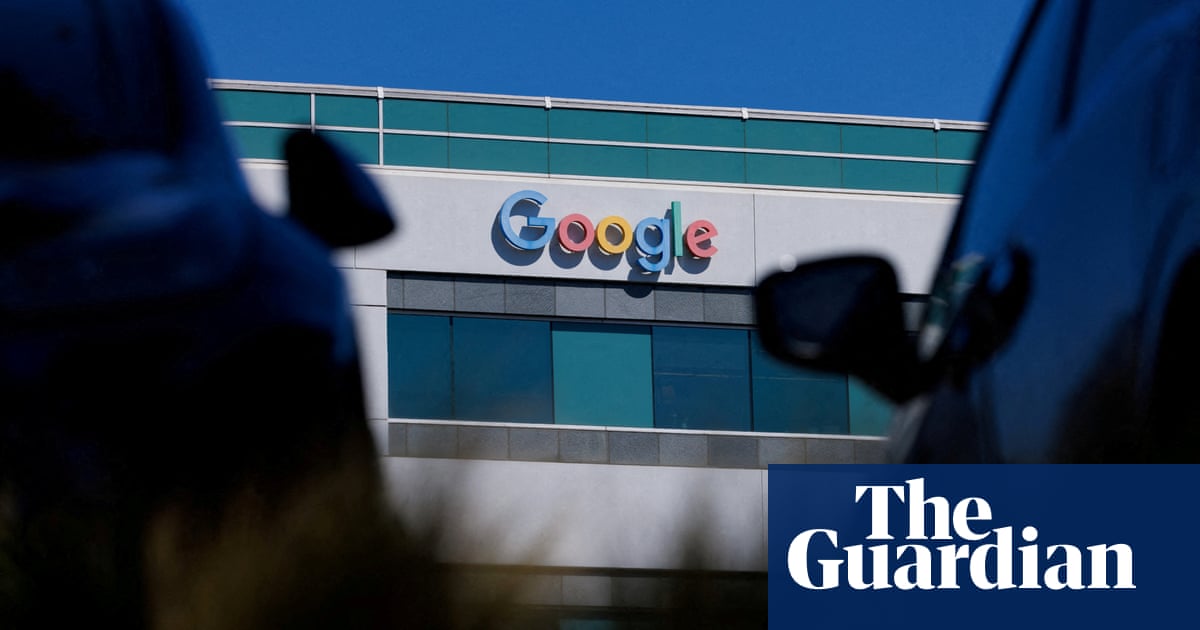Google’s parent companyAlphabetwill report its first quarter earnings on Thursday, which come as the tech giant is embroiled in antitrust lawsuits brought by the US government and a 17% drop in its stock price since the beginning of the year. It’s also the company’s first earnings report sinceDonald Trumpleviedtariffson trade partners around the world.
Despite the upheaval, analysts appear optimistic on Alphabet’s outlook projecting first quarter revenue of $89.2bn, up 11% since the same time last year, and earnings of $2.01 per share, up 7%,according to consensus estimates. Analysts don’t expect the global tariffs to create much of an impact for Alphabet, since they were mostly instituted after the end of the quarter.
Alphabet is one of the world’s most valuable companies, worth nearly $2trn. But economic headwinds that include high tariffs and possible trade wars, along with various legal battles brought by governments worldwide, could be a hit for the tech behemoth.
Google returned to court in Washington DC this week for theconclusion of a lawsuitbrought by the US Department of Justice. The government sued Google in 2020 alleging it acted illegally to maintain a monopoly of the search engine market. The justice departmentwon that caseafter a trial last year and now the two parties are in court again to decide whether Google will be forced to break off parts of its company, including its Chrome browser.
In ablog poston Sunday, Google’s vice-president of regulatory affairs, Lee-Anne Mulholland, wrote that the justice department’s lawsuit “is a backwards-looking case at a time of intense competition and unprecedented innovation” and said that the company will appeal.
Japanand theEuropean Unionhave also alleged that Alphabet has broken the law by operating an illegal monopoly with its search engine practices.
In aseparate justice department antitrust lawsuit, which wrapped last week, a federal judge ruled that Google had illegally monopolized some of its online advertising technology. Google has said it will also appeal the “adverse” portion of this ruling.
Advertising is Google’s core business, making up about 75% of its total revenue, according toStatista. That number has fallen 13% since 2017 though, and the company says it’s working on shifting its ads business to emphasize more artificial intelligence tools and capabilities for marketers.
Sign up toTechScape
A weekly dive in to how technology is shaping our lives
after newsletter promotion
Artificial intelligenceis a huge growth area for Alphabet, as it faces competition from companies like Microsoft, OpenAI and China’s DeepSeek. In itslast earnings reportin February, Alphabet said it plans to spend $75bn on capital expenditures in 2025, which will mostly be used to expand its AI capabilities and infrastructure. Investors have been looking at how the company is integrating the technology into its suite of services, including Google Search, YouTube and Google Cloud.
